
OUR STORY
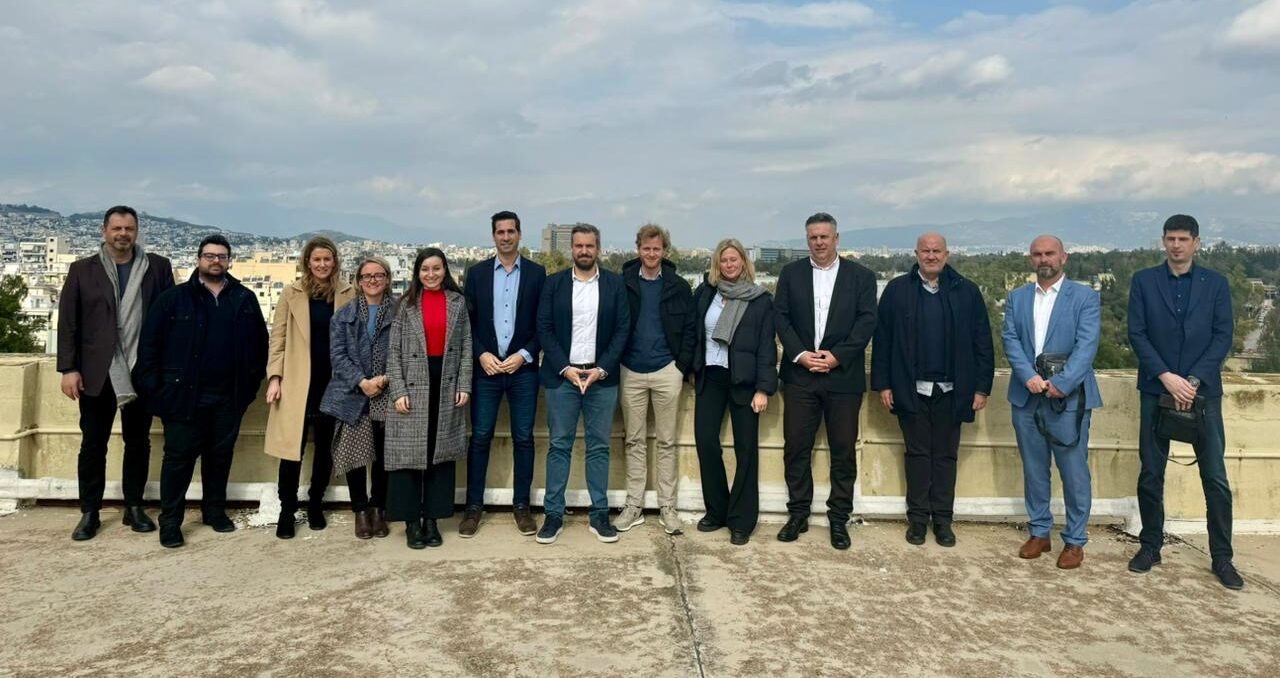
This is us! The GREENMO Dream Team!
A mixed blend of partners that are brought together to mitigate the common challenges of their regions and to work towards a common vision:
mobility hubs for greener MED living areas.
Due to the complexity of the issue of mobility, public authorities, private stakeholders and communities will work together to develop plans and raise awareness, so as to foster low-carbon mobility and to stimulate sustainability in our different territories around the Mediterranean.
COOPERATION COUNTRIES
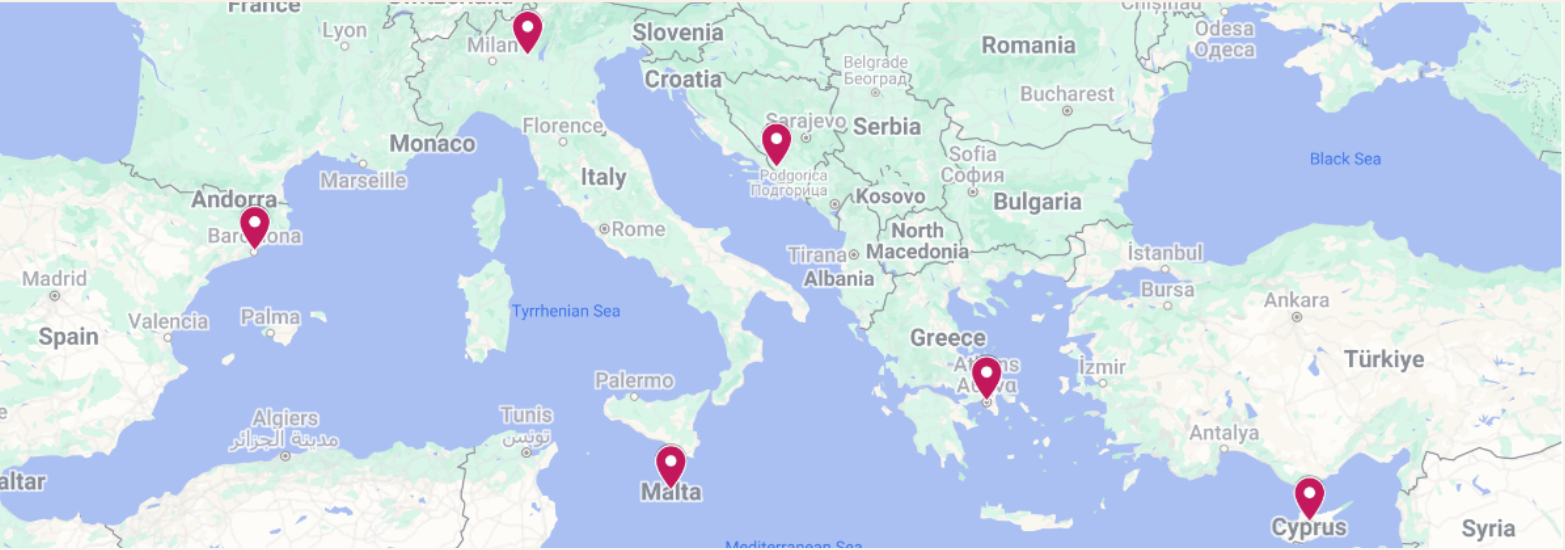
The partnership team consists of six organizations, three of them are Universities, two Municipalities, one SME. The countries involved are Greece, Italy, Malta, Cyprus, Spain and Bosnia Herzegovina.
The GREENMO project partnership consists of partners of various backgrounds and legal statuses ensuring a multi-dimensional perspective on academic, governmental, corporate/industrial level.
To conclude in ΟΝΕ sentence, scientific expertise from universities, practical knowledge and network from local authorities (partners and associates partners) and real market view from the SME develop a high-quality partnership ready to deal with all the challenges that arise in the new era of mobility hubs in the Mediterranean area and in general.
PROJECT PARTNERS
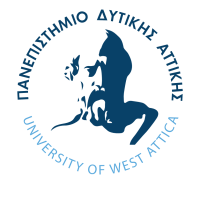
University of West Attica (UniWa): Lead Partner
UniWa is the Lead Partner and project coordinator. It will be responsible for the overall efficient technical and financial management of the whole partnership throughout the duration of the project. Among other tasks, it will have to acquire the necessary signatures of documents per partner (agreements, declaration forms, etc.), contact with JS, compile reports, budget modifications, transfer the funds to partners etc. In addition, it will have to ensure effective collaboration and communication within partnership for well-orchestrated and timely project work delivery.
Regarding the technical part, UniWA will lead A2.4 about definition of GREENMO approach, A3.3 about coordination with TCP & IDP and JS, and A3.4 about GREENMO strategy uptake as the final result. Finally, UniWA will participate in the activities towards the project’s coordination with the relevant Thematic Community Project of the Mission of the Programme, by attending at least 2 face-to-face meetings per year, 1 joint communication event. Furthermore, any other activity that may emerges in terms of coordination with TCP and IDP, and contribution to the Euro-MED Academy will be realized by UniWA, as well as the production of the video.
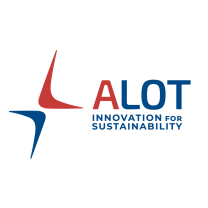
ALOT srl: Partner
ALOT srl will implement all activities and contribute to all outputs.
It will mostly support in the following ones:
– WP1-Governance types of mobility hubs: ALOT srl will investigate and describe policy instruments, existing methodologies and governance of inland Port hub (Core Port Ten-T Port of Mantua) in connection with both urban and peri-urban areas and Adriatic Sea Ports (port of Venice and Ravenna).
– WP2- Top-down input from policymakers: ALOT srl will help WP leader to define a set of data and criteria to localize, define and connect at infrastructural, service and governance levels, the new mobility hubs with urban and peri urban areas, including Ports (inland and sea). It will contribute to the OUTPUTS policy guidelines and organizations operating across borders.
– WP3 – Local and interregional seminars focused on policymakers’ capacity building: ALOT srl will organize local seminars and GREENMO Final Conference together with Interregional Seminar. These events will enhance the knowledge of Authorities (Ports authorities, Provinces, Region and Public transport Agencies), also by strengthening their networking activities with mobility providers, citizens representatives and touristic association, and Industry sector (SMEs and companies).

University of Malta: Partner
The UM’s role is to lead the task of collecting and analysing top-down input from policymakers with interviews and surveys. In addition, it will incorporate the findings in the creation of a joint solution, consisting of an inclusive, holistic methodology that focuses on the context of MED living area. The output will outline specific policy reccomendations on how to work with transport operators, the industry, and the local communities to foster low carbon mobility, mitigate the environmental impacts of urban mobility and support mobility hub schemes that target climate change impacts.
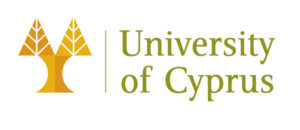
University of Cyprus: Partner
The UCY will be involved in all work packages and activities.
UCY will have a lead role under:
– WP 2, Activity 2.2 “Bottom-up input from citizens’ engagement and joint analysis of the outcomes” in the form of participatory workshops and surveys distributed to the general population and Activity 2.3 “Comparative elaboration for gap analysis”. The UCY will be responsible for the top-down input received by policymakers to be complemented by the bottom-up input received by the general public. This activity will be achieved by designing and collecting data of revealed and stated preference surveys capturing travel patterns and public perceptions on sustainable transportation and mobility hubs. Further, travel modeling analysis and state-of-the-art modeling techniques in the field of travel behavior will be conducted to understand users’ perceptions and travel attitudes of different user groups, as a means to capture the proposed gap analysis.

Bax Innovation Consulting sl: Partner
BaxCo will contribute in all project activities.
Its main role will be in WP1, where it will be responsible to coordinate the analysis of the state-of-the-art of mobility hubs and capture and share the necessary insights into their typologies, characteristics, and governance structures. During A1.1, BaxCo will lead the identification, categorization, and comparison of mobility hubs, in relation to region specific characteristics. Furthermore, BaxCo will lead A1.2, in which governance structures that form the collaborative foundations of mobility hubs are identified and mapped and then compared to the typologies pinpointed in A1.1.
Besides for its main role in WP1, BaxCo will be involved in the collection of top-down input from policymakers, as well as bottom-up input from the participatory workshops in WP2, interregional seminar, final conference and external events in WP3.
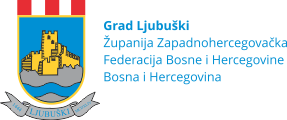
City of Ljubuški: Partner
The City of Ljubuški will participate in all activities and contribute to them accordingly.
More specifically the City of Ljubuški will be the leader of Activity 1.3 – “Carbon footprint monitoring of the project and offsetting” which focuses on the impact of the mobility hubs and the project in general on the reduction of CO2 transport emissions. This activity will take place during the first 24 months of the project. The City will participate in the organization of stakeholders’ engagement activities, including hosting and organizing partner meeting and thematic workshop.

MEDIA KIT
In this section, you can find the official descriptions, logos and basic materials to communicate about GREENMO project.
DESCRIPTION
GreenMo in one Sentence
In one sentence, GREENMO project aims to promote Green and Inclusive Mobility hubs for greener MED living areas through a holistic approach that involves both public Authorities and local communities to implement the concept.
GreenMo in one Paragraph
In one paragraph, GREENMO aims to promote Green and Inclusive Mobility hubs as a low-carbon solution for greener MED living areas, by concentrating public and shared travel modes while providing high-quality users’ experience with additional services. The project brings together partners from six Mediterranean countries to produce tailor-made solutions to adapt the concept to the local needs. Based on a holistic approach that incorporates both top-down and bottom-up perspectives, GREENMO will achieve to strategically support public Authorities on how to leverage “mobility hubs” schemes for climate change adaptation, while actively involving citizens and local communities to address their real needs/barriers towards affecting their behaviour and shifting to environment-friendly modes.

